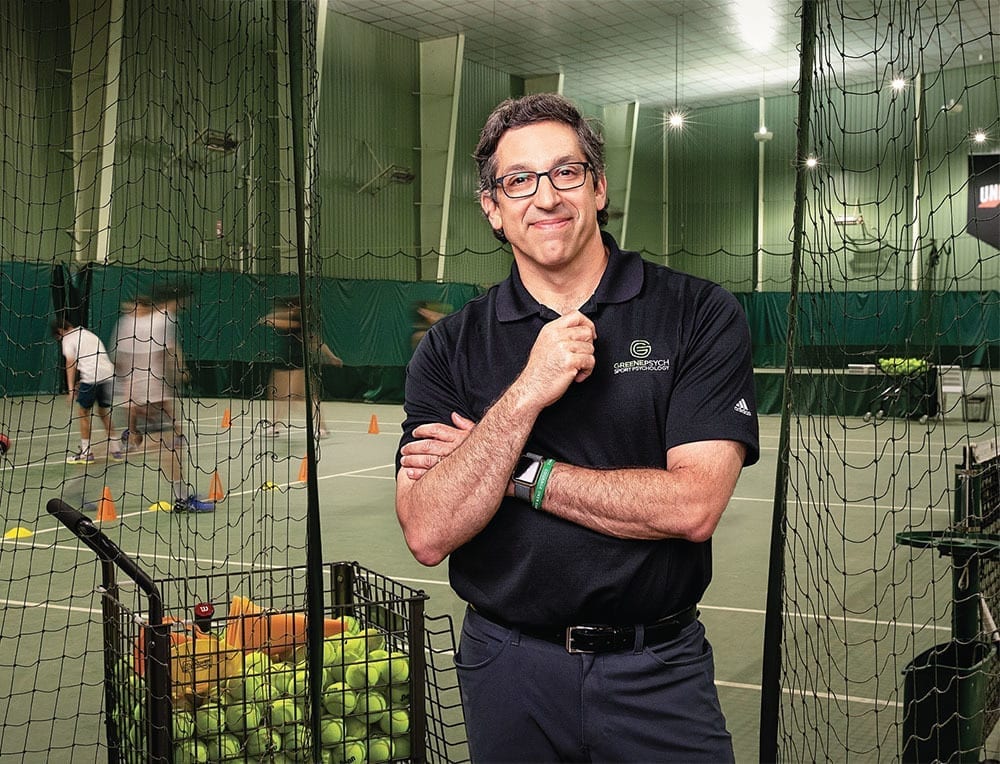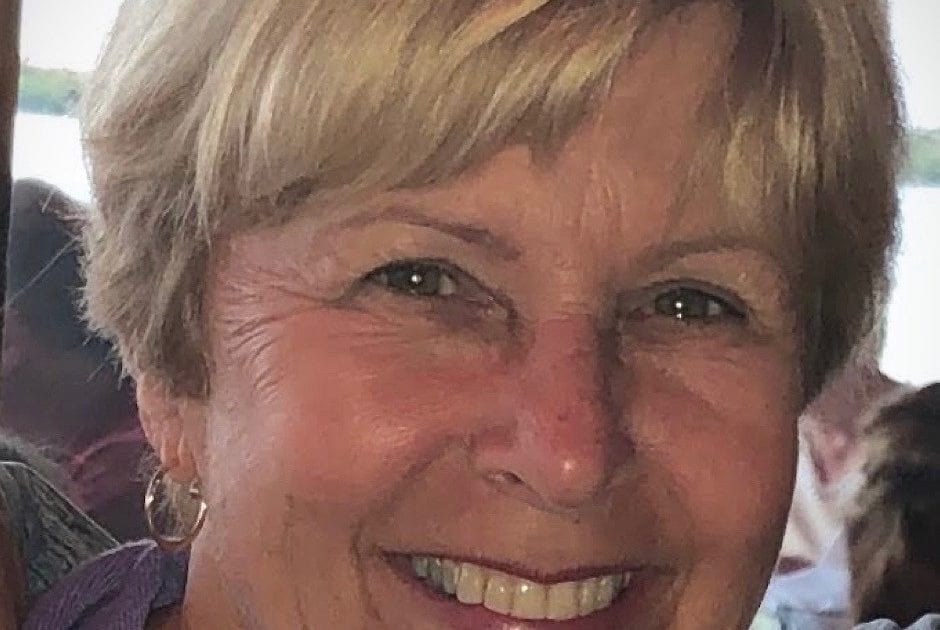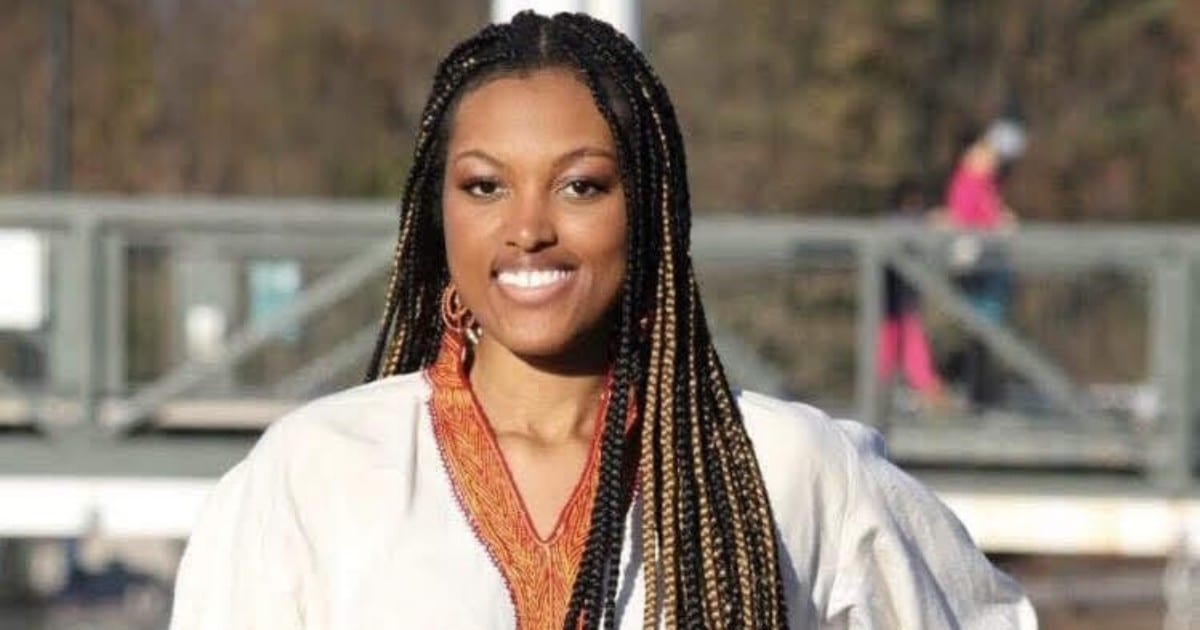Mitchell Greene, Ph.D., a lifelong athlete and sports enthusiast, applies his passion for sport and his expertise in clinical psychology to empower athletes through their mental game. Greene, founder and leading clinician of Greenepsych Clinical and Sport Psychology, was inspired to explore sport psychology from one of baseball’s most famous enigmas: Chuck Knoblauch, the Rookie of the Year and four-time All Star Game player whose performance suffered from anxiety upon moving from the Minnesota Twins to the dominant New York Yankees.
“He was on one of the best teams in Major League Baseball, the New York Yankees, and he could barely throw the ball from second base to first base…this was so fascinating to me.” Greene’s questions– how and why the baseball player’s performance suffered so dramatically after he had proven his prowess– planted seeds that grew into his professional calling.
After he graduated with his Ph.D. in clinical psychology from Temple University, Greene led a private practice for children and adolescents for the first ten years of his career. When the practice partnership ended, Dr. Greene saw it as an opportunity to focus his work. “It was at that time that I took stock of a lot of things, and I always had this burning interest in sports, both growing up as an athlete and as an adult. I always kept my eye on what was going on in the world of sports in terms of the mental game.”
After building his reputation in the Philly area as a clinician, Dr. Greene started seeing local high school athletes, helping them hone their mental game as well as their emotional health and wellbeing outside of sport. “Some people see me purely because they know I could help them in performance, but I’m not just a guy who’s going to say, ‘Here’s how you get motivated for the game’ – I’m somebody who they could talk to beyond that.”
Greene dove into college student-athlete mental health as his high school clients graduated, including some of his student-athletes, who faced some of the same pressures to perform while developing and learning in the new, more intense arena of college. At the same time, Greene’s own twin daughters, both high school athletes, were determining the role of sport in their college careers; one daughter deciding to explore options outside of athletics and the other pursuing the next level of competition as a collegiate athlete.
Dr. Greene works with college student-athletes on a range of issues, including helping them manage “mind chatter,” a term Greene uses to describe the negative conversations athletes have with themselves that focus on doubts and second-guessing. Greene says these can get more pervasive as the stakes get higher. “For athletes, a lot of these inner conversations can be very self-sabotaging. So, I spend a lot of energy trying to help them to manage that chatter in a way that doesn’t interfere with their performances on the field. And, frankly, I spend as much time, especially during the pandemic, talking with them about how to help not let it sabotage their efforts when they’re not playing.”
Confidence is another facet of the mental game that Greene helps his clients develop and grow. Greene teaches them “Courage Over Confidence,” a mantra he trademarked to describe how a person does not need to feel confident about herself, and likely will not, when attempting to reach a new level of potential, and instead, relies on her courage.
“[People] sometimes think there’s something wrong with them if they’re not feeling confident… it’s really hard to feel confident. It’s really hard for people now during a pandemic to feel confident that they’re going to go to school next semester. It’s still hard to be confident that their sport is going to look at all like it’s supposed to look, confident that they’re going to go back on campus, confident that their friends are going to be back on campus. So, how to manage this idea that they don’t need to be confident is a big subject, pandemic or no pandemic, on the field and off the field.”
Many clients come to Dr. Greene looking for his guidance on developing identity outside of sport. Athletics, especially in college, can be all-consuming, determining many aspects of a person’s academic and social life. Some student-athletes find they are struggling to know themselves outside of their sport in part because they have invested so much time and energy into it.
“College student-athletes need to figure out how to live life when they’re not playing or participating,” Dr Greene said. ‘How do you see yourself? What do you bring to the table? Who do you want to be beyond a runner, a basketball player, or a football player? There’s often not a lot of room for those conversations to happen, and I feel very privileged and take it very seriously that my office or my Zoom call is the kind of place where athletes can talk about these things that they may have never really talked about much before.”
Greene noted that, over time, he has been talking with student-athletes more frequently about who they are as people, and not just as athletes. He believes this is due to an increase in mental health concerns in young people associated with the pressure to perform, along with increasing awareness of the detrimental impact of poor mental health on individuals’ and teams’ general health and performance.
Dr. Greene offers his clinical expertise in a variety of formats: one-on-one appointments, including virtual appointments with athletes all over the world; and workshops, both in-person and virtually, with teams, coaches, and athletic department staff. Greene sees the unusual circumstances and uncertainty of the pandemic as opportunities for clients to build their mental muscles. He says he enjoys supporting athletes and athletic departments in different ways.
“One hour, I’m working with an athlete who’s trying to figure out how to get ready for the Olympic trials, and then the next hour could be the college athlete who’s trying to figure out if she should transfer from her school because her coach isn’t giving her enough playing time. Then there’s the coach who calls me saying, ‘I don’t know how to motivate this team. I feel like I’ve lost them.’”
Dr. Greene is currently writing a book on his insights from his work with clients, particularly his experiences helping student-athletes improve their game – and themselves.




